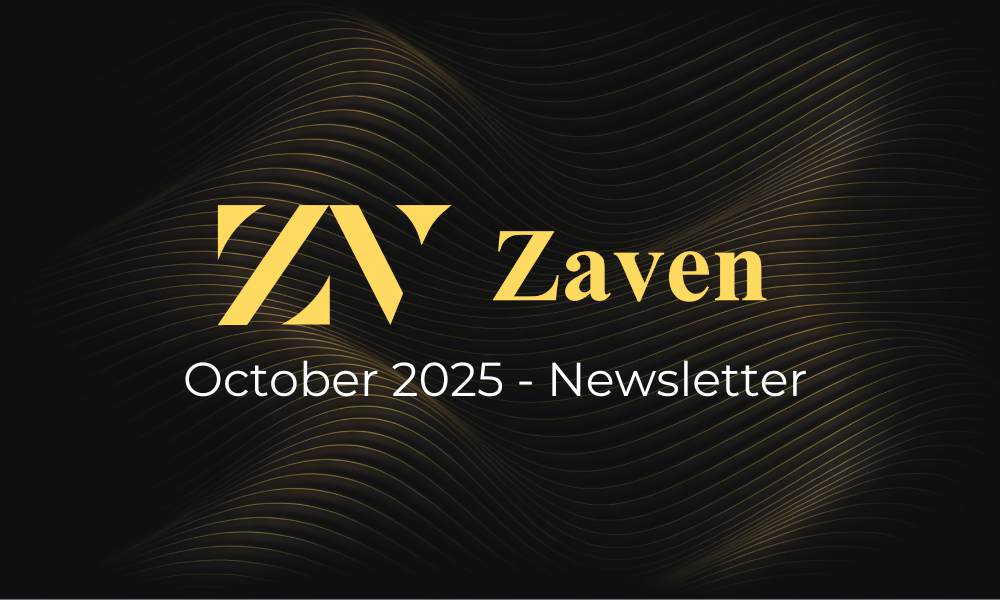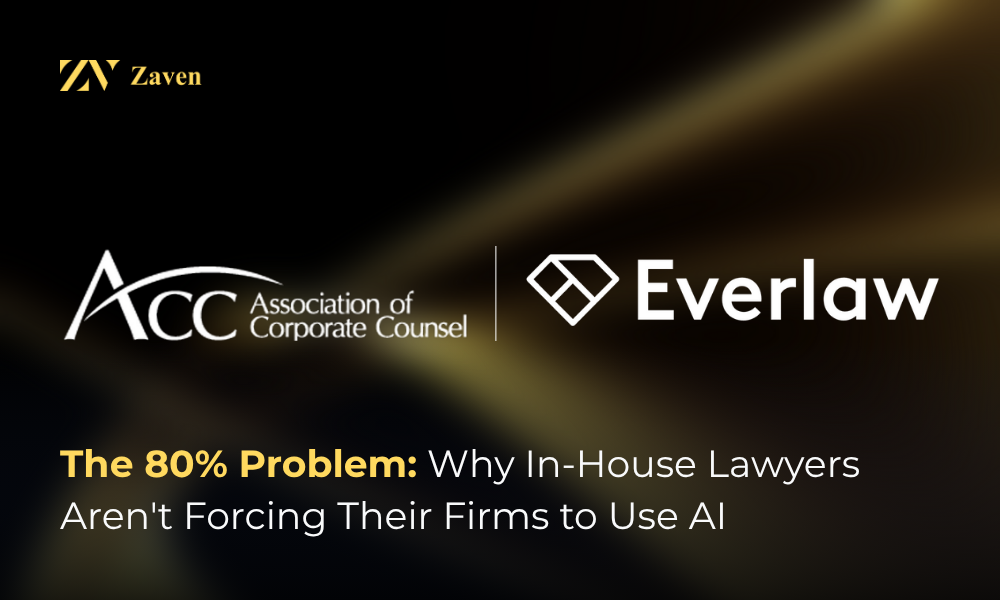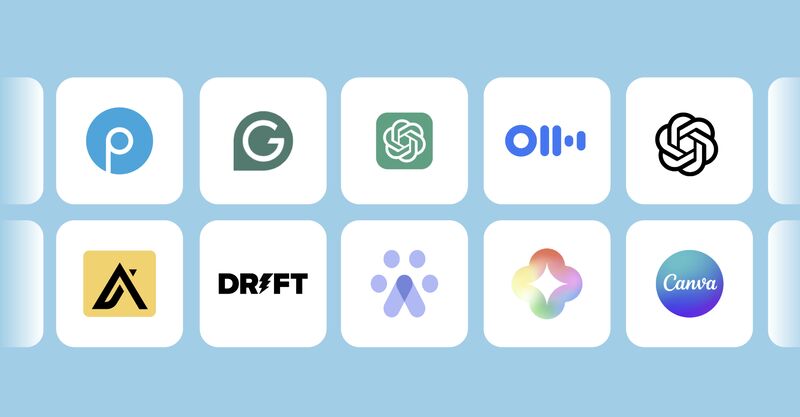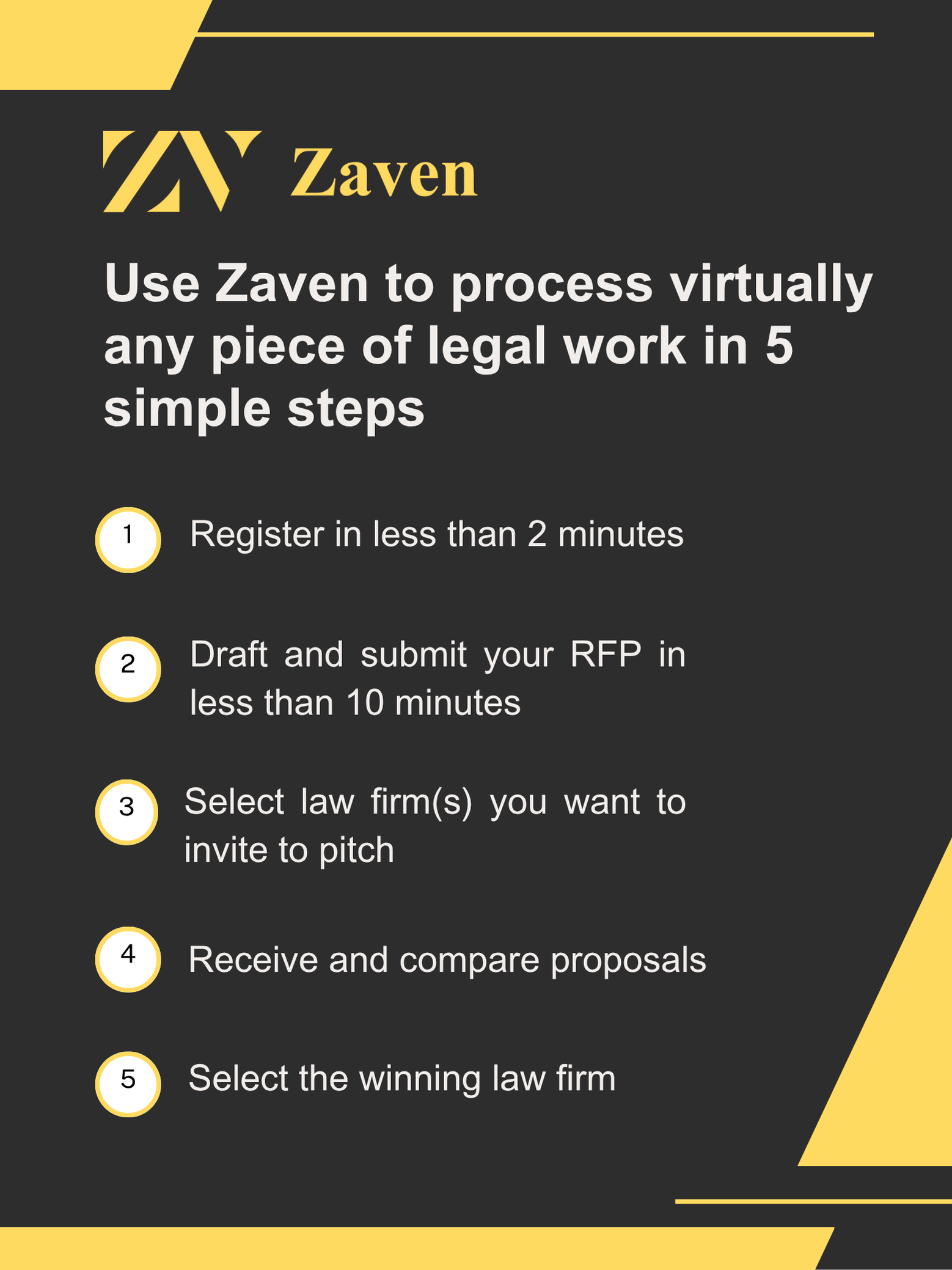Does the hourly rate “perpetuates unfairness, overwork, and inefficiency”? Damian Guzmans articulates his views in his interview with Olga Mack from Above the Law.
The article:
Welcome to a transformative discussion with Damian Guzman, a visionary in the legal field who is boldly challenging the entrenched traditions of the billable hour system. In this in-depth interview, Damian shares his personal journey through the high-pressure environments of Biglaw and in-house legal teams, revealing the systemic inefficiencies and personal toll that sparked his quest for change. As the founder of EnigmaTech Legal (EnigmaTechLegal.com), Damian introduces an innovative model that questions the fairness of current legal practices and reimagines the future of lawyer-client relationships. Join us as we explore the possibilities of a more balanced, transparent, and efficient legal system.
Olga V. Mack: What inspired you to challenge the traditional legal services model, particularly the billable hour structure?
Damian Guzman: It’s been a long time coming. I’ve practiced law under the heavy hand of the billable hour for 14 years, first as a Biglaw associate and then in-house as a Biglaw client, and have seen firsthand its negative impact on lawyers and clients alike. The entire system perpetuates unfairness, overwork, and inefficiency. Law firm associates are compensated and promoted based almost purely on hours billed, causing them to work ungodly hours, often with detrimental consequences to their health and well-being.
Those who don’t make equity partner are strategically pawned into decision-making roles with clients in-house with the unspoken understanding that the firm’s representation will continue indefinitely. Meanwhile, equity partners are paid millions of dollars yearly for working associates and non-equity partners to the bone, all to the disadvantage of clients and salaried lawyers. Enough is enough.
OM: Can you elaborate on your experience at Visa and how it influenced your perspective on fairness and balance in professional relationships?
DG: My perspective is not unique to my experience at Visa. It’s no secret that any successful business relationship — including the one between a lawyer and client — is one where both parties feel they are getting a good deal given alternatives. Therefore, in my view, a lawyer should strive to (a) get a good deal for their client and (b) allow their client’s business partners to feel that they are getting a good deal.
Far too often, lawyers stop at (a), causing their client’s business partners to enter into business relationships, feeling that they got the short end of the stick, which is not a great way to start a relationship. This is how I feel about the state of traditional law firms today. They have stopped at (a) when dealing with their clients for far too long, and once a more attractive alternative comes, my gut says that those clients will jump ship and never look back.
OM: How do you envision the long-term alliance between a client and its counsel in contrast to the traditional model?
DG: I strongly believe that your interests should be aligned before you choose your lawyer. What does that mean, exactly? Entering into a relationship with a lawyer typically involves an engagement letter, which usually includes fairly vanilla terms of service (generally one-sided in the lawyer’s favor) and the rates that you agree to pay for their services.
Depending on the size of the client, those terms and rates are not provided to you until after they have determined that you’ll be a profitable client and are almost always considered confidential to the lawyer, so you have no way of knowing whether you’re getting a good deal until it’s too late (if ever).
Also, those lawyers know well whether you are represented by existing counsel (you’re looking for a lawyer, after all) and know exactly how badly you need them (they get all that info during client intake). In other words, in most cases, they have considerable leverage at the outset and like to exert it.
In my opinion, a better alternative is to post rates and fair and balanced terms of service publicly online so that prospective clients can decide before even reaching out to a firm whether its interests align with theirs.
OM: What prompted you to establish EnigmaTech Legal with its alternative model, and what key principles drove its formation?
DG: The idea for EnigmaTech Legal came about after entering the job market after an extended period of bereavement for the unexpected death of my mom. Once I started interviewing, I noticed odd behavior: recruiters refused to put the position’s salary range in writing (despite the legal requirement), startups asked for NDAs before discussing compensation, and companies deleted or re-leveled job postings during the interview process. Once my frustrations subsided, I stepped back and put myself in their shoes.
Lawyers, particularly in major cities, are expensive. Not only do companies need to pony up a competitive compensation package, including salary, benefits, and stock options, but they also have no idea whether any given hire will be worth that expense compared to alternatives like hiring outside counsel. So, I stopped my search and got to work developing an innovative legal services model that would allow companies to retain counsel on an as-needed basis but without the costs and inefficiencies of the traditional billable hour approach. EnigmaTech Legal was the result.
OM: Can you tell me more about the ‘firm of firms’ concept?
DG: Absolutely! After I put together and announced the unique fee structure for EnigmaTech Legal, the feedback was universally positive. I quickly began to look through my network for specialized lawyers (IP lawyers, employment lawyers, etc.) with whom I could partner from time to time when it hit me: why not create a network of other independent practices like mine, each of which would be guided by the same mission of fairness, transparency, and efficiency?
I have a degree in Industrial and Labor Relations from Cornell, so I have a solid understanding of the benefits of a labor collective; I just had to apply it to lawyers, making sure not to run afoul of the various state rules governing lawyer conduct. The end result was the formation of Aethra. This California nonprofit will serve as a beacon of that network, providing resources to its members (like assistance to disillusioned law firm associates with setting up their own practices, group rates for insurance, and other services) and serving as a lawyer referral service to the network. If done well, the client will have access to a traditional firm’s resources and expertise, except at far lower rates.
OM: Could you discuss the potential benefits of your proposed model for lawyers and clients regarding earnings and work-life balance?
DG: Of course! Here’s the idea: by structuring legal services as a collective of independently owned practices guided by a nonprofit, you can (a) cut out the premium paid to equity partners (i.e., the profit margin), and (b) almost completely eliminate overhead, which I understand represents 50% or more of traditional law firm clients’ outside legal fees. A ton of independent practices have minimal overhead.
They likely have well-stocked home offices thanks to COVID-19, and health and professional insurance is fairly minimal. And that’s pretty much it for expenses, which gives them the flexibility to charge their clients considerably less than a comparable attorney at a traditional law firm would cost. For example, an analysis of one company’s outside counsel invoices that I conducted revealed a 60% savings in switching to the model.
Moreover, the model would allow members to work as many hours as they want, freeing up time and energy for other life activities. As I modeled in my LinkedIn article, the average large firm lawyer could work half of the hours expected of them at the firm while earning more. It is a win-win (except if you’re used to getting paid for others’ work).
OM: How do you address concerns about the sustainability and scalability of your alternative model, especially in comparison to traditional law firms?
DG: First, there are many independent practices, each of which already has clients. For them, being a part of the network would simply give their clients the added assurance that their lawyer is committed to a mission of fairness, transparency, and efficiency, plus be on the receiving end of new clients coming in through the lawyer referral function of the nonprofit.
For new participants, who may or may not be bringing a book of clients with them, the nonprofit will provide resources, marketing, and, ultimately, referrals to them, according to the needs of prospective clients, just like a traditional firm. I envision the nonprofit serving the same function as a large law firm’s intake and outreach teams, and members will pay a negligible membership fee (on a nonprofit basis) to support that.
OM: What role does Aethra Corp. play in fostering collaboration among independent lawyers/single-lawyer firms?
DG: This is where things get exciting. I differentiate between two types of collaboration: collaboration by necessity (i.e., when a lawyer is not qualified to do the work), and collaboration by practicality (i.e., when a lawyer is overqualified or poorly resourced to do the work). Collaboration by necessity pretty much happens by default, thanks to Rule 1.1 of the professional rules of conduct (i.e., that lawyers be competent).
Collaboration by practicality is a little more challenging because it requires that a lawyer who can technically do the work give that work to another lawyer, which works well in-house since an in-house lawyer is not typically rewarded for simply doing more work but not so well at law firms, where they usually are. Since member lawyers would need to work far fewer hours under the proposed model, that friction should be removed almost entirely. Ultimately, my goal with Aethra is to create a supportive and collaborative environment where member lawyers can share ideas, work, forms, and advice — without fear and the possible effect on workplace politics — to provide client value.
OM: Can you provide insights into the rules, guidelines, and practices you plan to establish within Aethra Corp. to uphold your mission?
DG: Absolutely! I borrowed the concept from Visa’s network rules and the Payment Card Industry (“PCI”) Data Security Standards, which provide an overarching framework under which payment card network members can operate to benefit end users. I am currently working with three primary categories for Aethra: fairness, transparency, and efficiency.
Read the full article: https://abovethelaw.com/2024/05/rethinking-the-ticking-clock-damian-guzmans-crusade-against-the-billable-hour/







